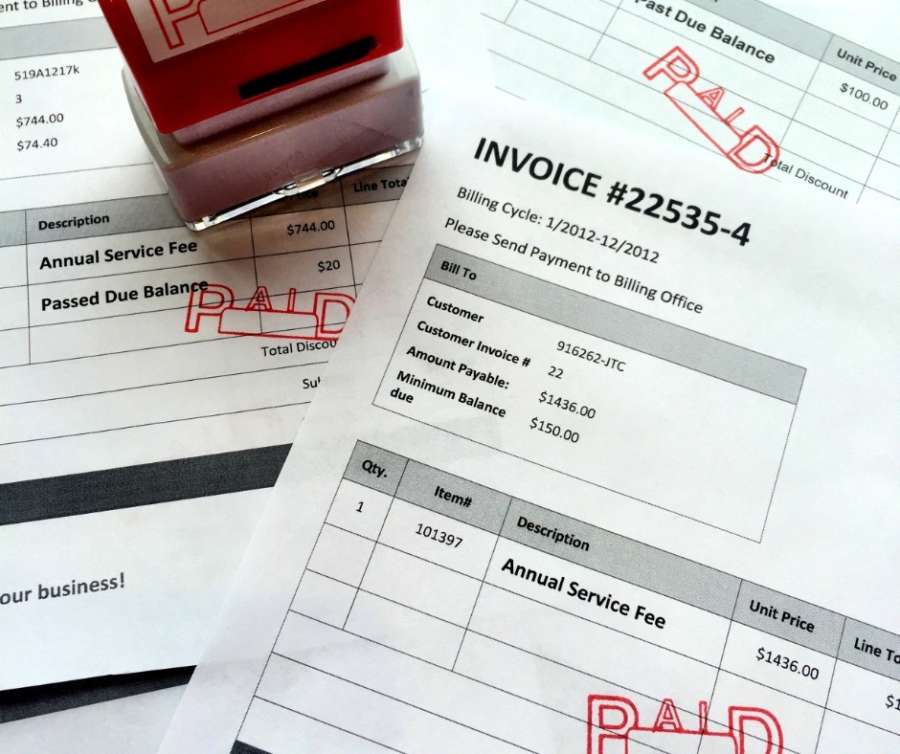Planning to Avoid Bad Debts
It is a truism that great results are almost always the outcome of great planning. Today, courtesy of Results Legal, we reproduce an article by Anna Taylor. Entitled “The Pre-Emptive Strike”, Anna examines what needs to be done to ensure that you have the best possible chance of recovering trade debts outlined in a simple step by step presentation.
PS: There is a great offer from Results Legal at the end of the article.
THE PRE-EMPTIVE STRIKE
The filing of baseless defences or frivolous counterclaims is a real source of pain and frustration for credit providers – whether trade creditors or financiers.
A number of effective strategies can be implemented to both avoid disputes from arising and dramatically improve the chances of resolving disputes before and during litigation, quickly and cost effectively.
The common grounds for disputes can be separated into two broad categories: Issues around the supply of goods and services and issues relating to the credit management including around contractual issues.
The general rule around issues relating to the supply of goods and services is that it usually comes out in the end, and if there is some merit to the dispute, this can be negotiated.
The following tools and strategies can be utilised to both avoid contract related issues from arising and make it significantly easier to resolve disputes when arise.
1. Self-contained credit agreement
An effectively drafted credit agreement, including a personal guarantee, is the single most effective tool in avoiding disputes, resolving disputed claims and ultimately securing payment.
An effective credit agreement is self-contained and incorporates the credit application, terms and conditions of trade and personal guarantee.
Your credit agreement is not set and forget – make sure it is reviewed regularly by your lawyer to ensure that it continues to set your business up for success.
Results Legal regularly review credit agreements and provided recommendations at no charge. If your credit agreement has not been reviewed recently please contact Results Legal.
2. Ensure your terms are effective
If you are going to the effort of having a client sign off on a credit agreement, it’s best to make sure that it is worth the paper it’s written on.
The incorporation of fundamental terms described as the usual suspects (including payment terms, delivery, jurisdiction, security, interest, retention of title, cancellation of terms of credit, risk, indemnity, capacity, waiver, costs, set off, variation and entire agreement), and non-release of personal guarantee clauses often mean the difference between a clearly enforceable claim and a write-off.
3. Authenticate the parties’ details – know the entity in which you are trading with
A significant number of disputes before and during litigation could be avoided if credit teams undertook a more rigorous review of the credit application documents.
Misdescription and ambiguity as to customer entity details is a common avoidable issue, as is the inability to prove proper execution of the personal guarantee.
Regularly review the information you have on file regarding your customers to make sure it is accurate.
4. Ratification of personal guarantee
Re-enliven the doctrine of ratification and prepare template correspondence to be sent out to all guarantors to ratify the personal guarantee.
5. Witness
Where possible obtain details of the witness to the execution of the personal guarantee so that the witness can provide evidence later in time where necessary.
6. Terms of settlement document
Set up terms of settlement documents to be utilised when entering into arrangements with customers to maximise protections, remedy any potential issues and improve your position prior and during litigation.
No matter how good a business’ systems and processes are, from time to time disputed claims are likely to arise.
Disputed claims are high risk. In addition to the principal debt being in jeopardy, potential legal costs need to be closely managed so as not to undermine the net return achieved.
There are three major factors that have the greatest impact on the net outcome creditors achieve on disputed claims:
- Determining prospects early.
When a dispute arises, one of the first and most important question is “What are my prospects of success?”. The strength of your case will have a direct impact on the strategy you propose to adopt, the budget you are prepared to allocate to resolving the dispute and the settlement range you are prepared to accept.
Unless advice on prospects is obtained early, it will be very difficult to determine the most effective strategy.
- Developing an effective strategy
The best net return can only be secured if a clear, effective strategy is set at the outset.
The vast majority of disputed claims are resolved by negotiation, rather than determination by a Judge.
As such, it is important that the adopted strategy has the effect of simultaneously progressing the matter towards resolution by the court and creating maximum pressure on the debtor.
Summary judgment applications can be a very effective strategy when the debtor’s prospects are limited. Similarly, securing an admission for an undisputed portion of the debt can be a very effective way of compelling an immediate part payment and increasing pressure on the debtor for a global resolution.
These are just two of a broad range of strategic options available in resolving disputed claims.
Adopting the right strategy is crucial for achieving the right result.
- Considering cost / benefit
The objective in pursuing contested claims is almost always to maximise net return. There are two variables in securing net return – gross recovery and legal costs. When you know your likely prospects (prospective benefit), the next crucial piece of information is the anticipated costs to achieve resolution.
Only when you know the likely legal costs to execute on the strategy, are you in a strong position to make good commercial decisions about pursuing and resolving disputed claims.
Results Legal is offering the following services at no charge to all clients and associates of Magnus.
- Free review of your credit agreement / terms of trade
- No obligation initial meeting to outline a strategy and game plan for any
- Debt recovery matter
- Insolvency matter
- Partnership or business separation disputes
- Commercial dispute or contract disputes
You can take up the offer by calling Results Legal on 1300 757 534.







